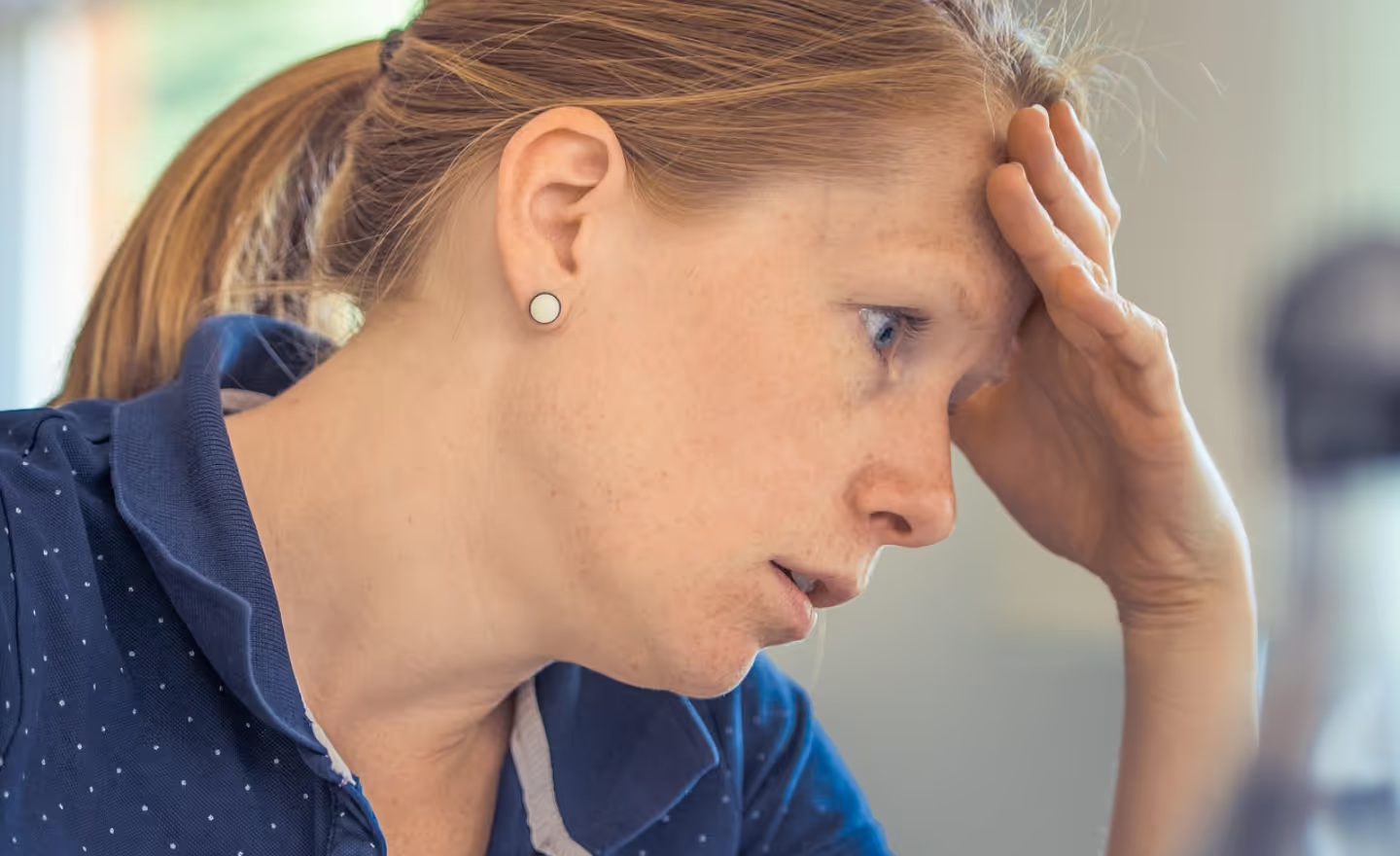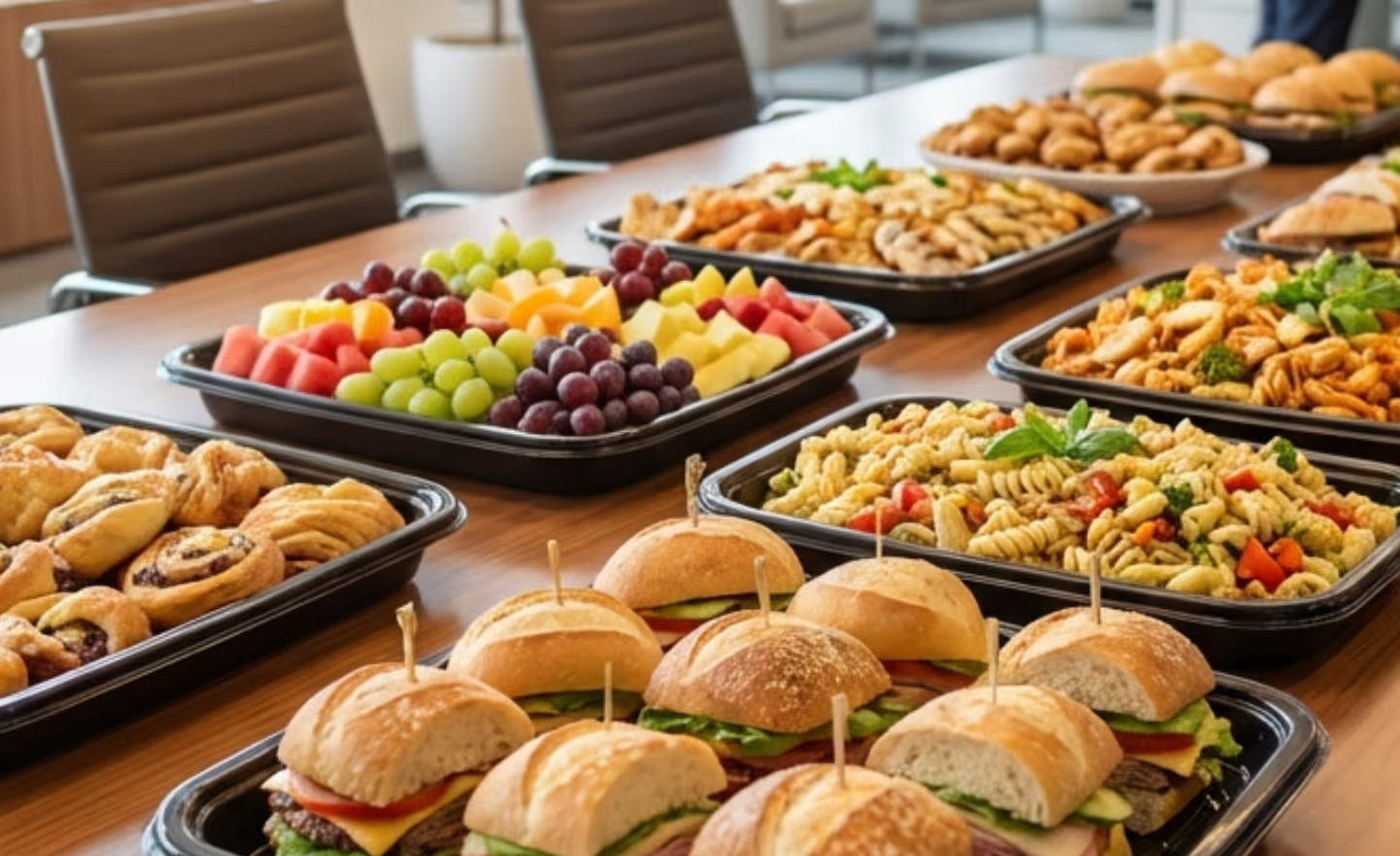Most employees don’t take a real lunch break. Instead, they eat at their desks between meetings, barely pausing to recharge.
This isn’t just a missed meal. It’s a missed opportunity for better focus, lower stress, and stronger team morale. When skipping lunch becomes the norm, burnout rises, mistakes happen more often, and your workplace culture suffers.
There is a simple fix. Encouraging real lunch breaks and making them easy for everyone can boost mental health and help your team do their best work. Here’s what the research shows and how companies are making it happen.
Why Lunch Breaks Matter
Lunch breaks help people stay productive. The Sharebite Meal Benefits Research Study says 67% of employees feel more productive after a lunch break. Tork/Essity's survey found 81% want their boss to encourage daily breaks.
There is a simple fix. Encouraging real lunch breaks and making them easy for everyone can boost mental health and help your team do their best work. Here’s what the research shows and how companies are making it happen.
What the Data Shows
Taking a real lunch break is good for your mind and your work. Here’s what happens when people take breaks:
- People feel happier and more focused.
- Employees are 31% more likely to recommend their employer (Sharebite Study).
- Less stress and burnout reported (Tork/Essity).
- 94% say they feel happier after a lunch break (Tork/Essity).
When people skip lunch or work in high-stress cultures, you see the opposite:
- 60% more mistakes at work (Harvard Business Review).
- Almost 50% higher turnover rates (Harvard Business Review).
- Nearly 50% higher healthcare costs for high-pressure workplaces (Harvard Business Review).
Why People Skip Lunch
Many people feel guilty about taking breaks. Some reasons are:
- Too many meetings.
- Managers don’t take breaks.
- It’s hard to find something convenient.
- Working from home makes breaks feel less important.
- Don't want to incur any additional expenses.
You can send reminders, but habits are hard to change.
What Happens When You Make Lunch a Priority
Here are three real examples:
1. Checkout.com
When they offer Sharebite meals in the office, more people show up. Zane Lowe, Workplace Manager, says,
“On the days we offer Sharebite, it’s a full house. I don’t think there’s ever been a time where somebody’s not ordered their Sharebite meal.”
2. Blend
Their Front Office Coordinator said,
“From our experience using Sharebite, we have noticed an increase in employee attendance, improvement in company morale, and overall satisfactory responses to the service.”
3. Audible
Ari Fox, Sr. Director of Economic Development, said,
“People are together in a cafeteria eating together, or even just sitting around – not even eating – but just sitting and being part of the community that is around them.”
How to Make Lunch Breaks Normal
Here’s what works:
- Managers should take lunch breaks and talk about it.
- Make lunch easy and convenient. Use meal programs like Sharebite.
- Encourage team lunches, even if remote.
- Use food to celebrate different cultures.
- Block lunch time on calendars.
When lunch is normal, people are happier and stay longer.
What Changes With Sharebite
Before using Sharebite, companies often see:
- Low attendance in the office
- Lower morale
- Fewer connections between people
- People eating leftovers or quick desk meals
- More stress and less sense of belonging
After using Sharebite, companies report:
- More people in the office on meal days
- Improved morale and satisfaction
- More interactions and community moments
- Convenient, diverse meal options
- People feeling better and more seen
Final Thoughts
Skipping lunch isn’t good for anyone. Lunch helps people feel better and do better work.
If you want to talk about making lunch breaks easy for your team, let’s talk.
If you want to see it in action, schedule a demo.






